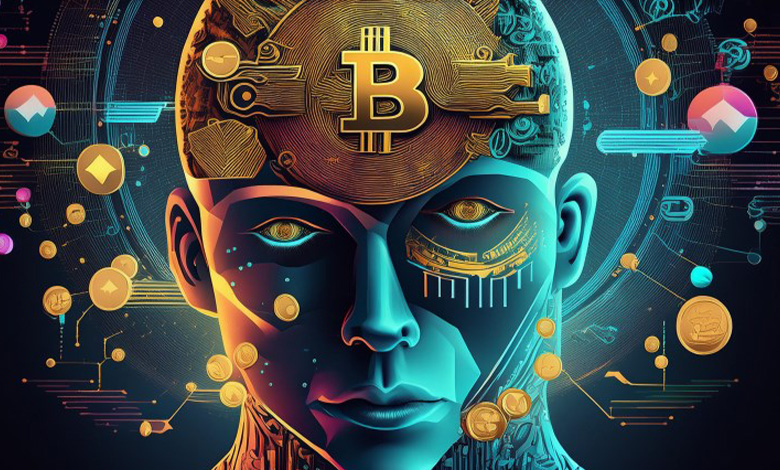
On August 30, Coinbase CEO Brian Armstrong announced that the crypto exchange had successfully facilitated its first cryptocurrency transaction between artificial intelligence (AI) bots.
In a post on X, Armstrong explained that one large language model (LLM) used crypto tokens to purchase AI tokens from another AI bot. This transaction highlights a significant step forward in the integration of AI and blockchain technology.
AI bots, though unable to hold traditional bank accounts, can possess crypto wallets. This capability enables them to conduct transactions with humans, merchants, and other AI entities. Armstrong emphasized the potential of these transactions, noting that they are “instant, global, and free.”
Despite this breakthrough, Armstrong acknowledged that current AI agents have limitations. They struggle to complete tasks autonomously over extended periods due to technological constraints.
For example, AI agents are currently unable to perform tasks that require payment methods, such as booking flights or promoting social media posts through paid advertisements. Armstrong believes that enabling AI agents to conduct transactions could revolutionize their effectiveness and provide significant benefits to businesses, particularly in e-commerce.
Coinbase is not the only company exploring this frontier. Earlier in August, blockchain development firm Skyfire launched a payment platform designed to allow AI agents to spend money autonomously. Similarly, in June, Web3 infrastructure company Biconomy began onboarding AI bots, enabling users to delegate trading activities to these agents for on-chain transactions.
These developments signal a growing trend towards integrating AI with blockchain, potentially reshaping how both technologies are used in the future. As Armstrong noted, providing AI agents with the ability to conduct transactions could be a game-changer, allowing them to participate more fully in the digital economy.







